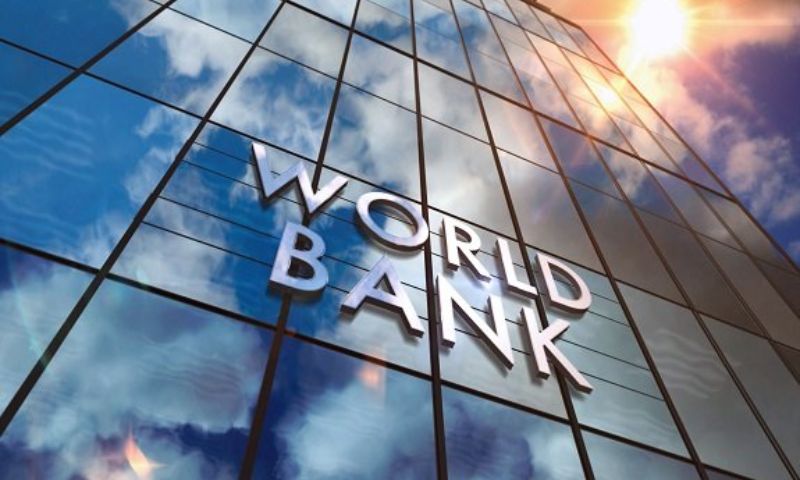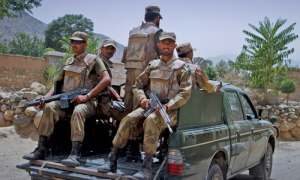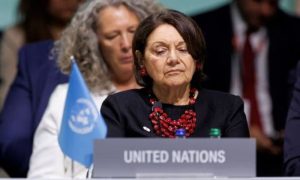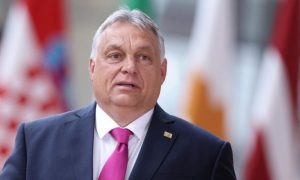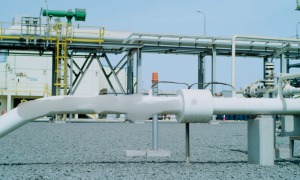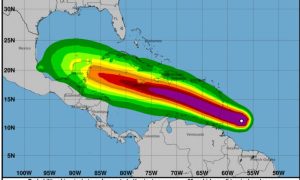ISLAMABAD: Pakistan Customs has successfully completed business process mapping of its core functions during the first five months of the World Bank-funded project for transformation of Customs operations.
The project was designed in April 2021 but came into implementation in December 2023. Technical experts from KGH and Maersk, being the global leaders in customs administration reforms and logistics, are collaborating through sixteen working groups notified by FBR for each work stream of Customs, Pakistan Customs said in a press release.
It said that Pakistan Customs has successfully digitalized its operations since 2005. The indigenously developed WeBOC system enables the collection of more than 45 percent of FBR’s annual revenue and helps implement national trade policy while handling imports, exports and transit trade in a paperless environment.
Leveraging WeBOC, Customs has enabled the country to leapfrog even the developed nations in the simplification and digitalization process of the entire ecosystem of trading across borders, through Pakistan Single Window, the statement added.
Despite being one of the most digitalized entities of the government, Pakistan Customs has remained cognizant of the challenges posed by increasing globalization of cross-border trade and transit supply chains, geographic dispersion of manufacturing and adoption of disruptive technologies like AI, Big Data, block-chain etc. The traditional role of Customs from physical border checks is changing to a multi-functional and whole-of-government strategic player in border controls, regional connectivity, trade facilitation, and economic growth.
Next Phase of Pakistan Customs’ Project
In the next phase of this important project, all mapped processes would be benchmarked and re-designed as per global standards recommended by WTO and UN etc, as well as the best practices adopted by the leading customs administrations worldwide.
Besides, helping towards end-to-end digitalization of Pakistan Customs, the project would re-align the legal framework, operational model, and organizational structure of Pakistan Customs. Upgradation of risk management, use of technology, post-clearance audit capabilities, and elimination of redundant tasks would enable Customs to re-direct its resources towards more critical functions.









